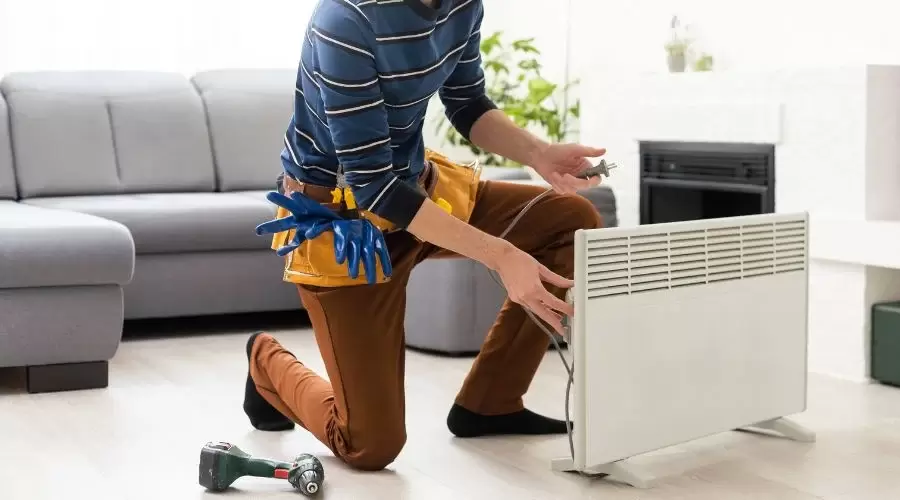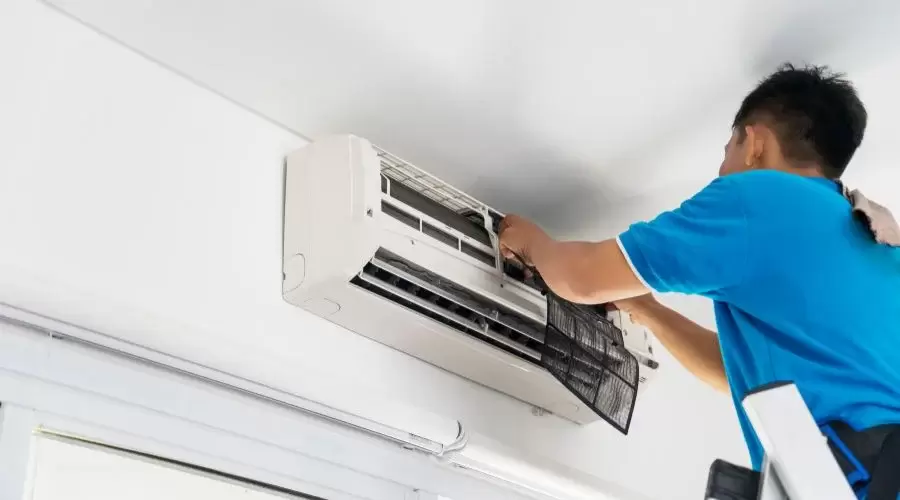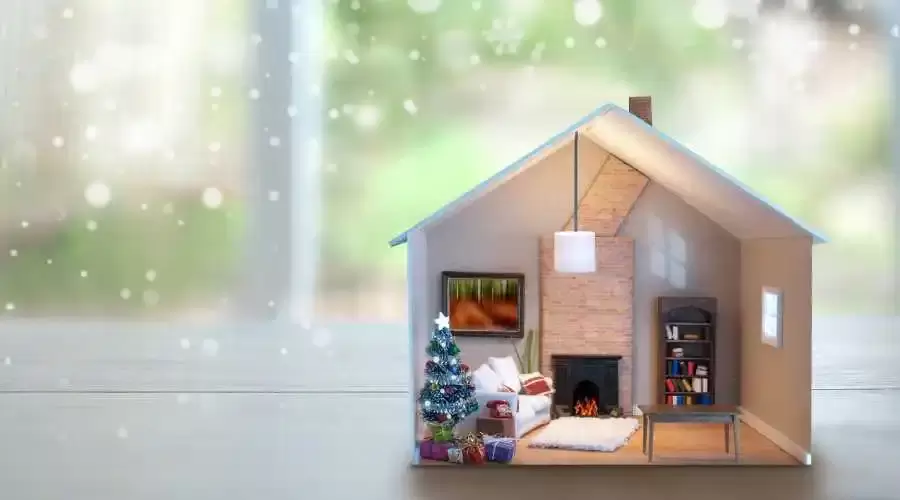|
When it comes to maintaining a comfortable and well-regulated living environment, your HVAC system plays a vital role. Whether you need to plan routine maintenance or install a new heating or cooling system, choosing your HVAC contractor can have a major impact the outcome.
With the market flooded with HVAC contractors, it's essential to choose the right one who not only delivers top-notch services but also ensures a hassle-free experience for you and your home. In this blog post, we'll explore the critical considerations before selecting an HVAC contractor and why Union City HVAC Services stands out as a full-service HVAC contractor.
0 Comments
As winter's chill descends upon us, the quest for a warm and cozy abode becomes a top priority. But in an age where energy costs are ever on the rise, and environmental concerns loom large, the quest for the best heating units goes far beyond mere warmth—it's all about energy efficiency. In this blog post, we embark on a journey to explore the world of heating systems, emphasizing the paramount importance of energy efficiency in keeping our homes comfortable and welcoming.
We'll delve into the vital considerations when choosing an efficient heating unit, discuss the different types of heating systems available, and introduce you to the ultimate innovation in eco-friendly, money-saving warmth. If you'd like to learn more, just reach out to Union City HVAC Service. Your comfort is our top priority. Summer has arrived, and as the temperatures soar, we all know the value of a well-functioning air conditioner. It's the season when your trusty A/C becomes your best friend, providing much-needed relief from the scorching heat. But are you making the most of your cooling system? In this blog post, we'll share essential tips for summer to ensure your air conditioner keeps you comfortable while saving on energy costs. Plus, in scorching climates,
The Importance of Air Conditioner Maintenance Your air conditioner plays a crucial role in maintaining a comfortable indoor environment during the summer months. To ensure it operates efficiently, it's essential to keep it well-maintained. You can prolong the life of your with a routine maintenance unit and improve its overall performance. Check out reliable and professional HVAC services in the Union City area. For many homeowners, achieving a healthier and more comfortable lifestyle begins with creating an allergen-free space. Home allergens can wreak havoc on our well-being, leading to sneezing, itching, and other discomforts. If you're eager to breathe easier, you're in the right place. This blog article will examine many strategies to reduce home allergens and how HVAC services can play a crucial role in this endeavor.
Visit https://www.unioncityheating.com/ for more details. Your air conditioner silently works behind the scenes to keep your home comfortable, but it's easy to forget its existence until it breaks down on a sweltering summer day or a freezing winter night. This is where the wisdom of preventative A/C maintenance comes into play.
In this article, we will explore the "what," "how," and, most importantly, the undeniable advantages of preventative A/C maintenance. You'll soon discover why investing in short-term maintenance costs less annually than waiting for major HVAC repairs. Please don't hesitate to contact Union City HVAC Services at (201) 720-4005. We're here to assist you with any questions or concerns. Are you fed up with paying expensive heating bills? During the harsh Union City winters? Here are 20 things you can do this winter to save money and heat your house more effectively.
1) Passive solar heating. Take advantage of the sun's low winter position by opening curtains on the south and west sides. West-facing windows throughout the day and removing solar shade screens until warmer weather comes. When the temperature outside drops in the winter, it is time for your heating system to shine. The following are nine ideas to help you save money on heating this winter and ensure that your heating system keeps your house as warm and comfy as possible in the most effective way possible.
It's a marshmallow world this time of year, but not the toasted type. You presumably had your pre-season tune-up at the beginning of October to remain warm this winter. Your heater should fit like a glove. We're willing to bet you didn't think of a few things to prepare for the impending cold. Fortunately, there is still time to use these ideas and strategies to remain warm and save money on your heating costs.
Is your heating system able to keep up with the cold this winter? Here are some pointers to help you prepare your plan for the season:
1. Unblock your vents.
2. Check your air filter.
Union City residents are ready to turn on their air conditioners and keep their living spaces cool when the weather begins to warm. You should follow critical procedures before turning on your home's AC after a lengthy inactive time for your cooling system. Union City HVAC & Heating is located in Union City. we published our most recent blog.
|
AuthorWe are a team of qualified professionals more than ready and committed to provide you with excellent services to ensure that you enjoy the comfort of your home's or office's air and heating systems. Archives
November 2023
Categories
All
|










 RSS Feed
RSS Feed
